Living in Dallas means dealing with a variety of weather conditions throughout the year. From scorching summers to chilly winters, your HVAC system works hard to keep your home comfortable. While it’s easy to overlook it until a problem arises, regular maintenance is key to ensuring its longevity and efficiency.
Taking care of your HVAC system doesn’t have to be complicated. By understanding the basic maintenance tasks you can do yourself, you can keep your system running smoothly year-round. With a few simple steps, you can improve your indoor air quality and save money on energy bills. Let’s explore how a little effort can go a long way in maintaining your home’s comfort through every season.
Essential HVAC Maintenance Tips for Dallas Weather
Dallas weather is known for its extremes, with hot summers and cool winters. These shifting conditions can significantly impact your HVAC system’s performance. When temperatures soar, your air conditioner works overtime to keep your home cool. In contrast, heating takes center stage during the colder months. Understanding the local climate helps you prepare your system to run efficiently throughout the year.
To keep your HVAC system in top shape, start by scheduling seasonal maintenance tasks. In the spring, focus on preparing for the summer heat. This involves checking the air conditioner, cleaning coils, and ensuring that the cooling system is free of debris. This preemptive upkeep can prevent unexpected breakdowns during peak usage.
As fall approaches, shift your attention to heating elements. Clean and inspect the furnace, check the pilot light, and replace worn-out components to prepare for cooler weather. Regular maintenance not only extends the life of your system but also improves its energy efficiency.
A few additional tips can help ensure year-round system efficiency:
– Seal Air Leaks: Caulk and weatherstrip windows and doors to prevent drafts.
– Clear Debris: Keep outdoor units free from leaves and dirt.
– Schedule Annual Inspections: An HVAC professional can spot problems early, saving time and money.
With these strategies, you can maintain a comfortable home environment regardless of Dallas weather challenges.
DIY Air Filter Replacement
Replacing air filters is one of the simplest yet most crucial tasks in HVAC maintenance. Clean filters ensure optimal airflow and reduce strain on the system, which can enhance energy efficiency and indoor air quality. For Dallas residents, changing air filters regularly is especially important due to the area’s dust and allergens.
Here’s a simple step-by-step guide to replacing your air filter:
1. Turn Off the System: Before beginning, switch off your HVAC system to ensure safety.
2. Locate the Filter: Find where your filter is located, typically near your furnace or air handler.
3. Remove the Old Filter: Slide it out carefully. If it’s clogged with dust, it’s time for a replacement.
4. Check the Filter Size: Note the size printed on the filter’s edge for the right replacement.
5. Install the New Filter: Insert the new filter, ensuring the arrows match the airflow direction.
6. Turn the System Back On: After replacing the filter, power the system back on.
Selecting the right filter is crucial. For Dallas homes dealing with allergies, consider HEPA filters that capture fine particles. Look for filters with an appropriate MERV rating that balances efficient filtration and airflow needs. Replace filters every 1-3 months or more frequently if allergies are a concern.
By integrating these practices into your routine, you ensure your HVAC system operates efficiently, providing a cleaner and healthier indoor environment.
Inspecting and Cleaning HVAC Components
Regular inspection and cleaning of HVAC components are essential for maintaining system performance and preventing costly repairs. Key components to focus on include vents, coils, and outdoor units. Keeping these elements clean not only enhances efficiency but also prolongs the lifespan of your system.
Vents: Dust and debris can collect in vents and reduce airflow. Inspect vents monthly and clean them using a vacuum with a brush attachment. This helps maintain good air quality and system efficiency.
Coils: Both the evaporator and condenser coils play crucial roles in heat exchange. Dirt can reduce their ability to absorb and release heat. Clean coils twice a year using a soft brush and a coil cleaner specifically designed for HVAC systems. Ensure you turn off the power before cleaning.
Outdoor Units: The outdoor unit is exposed to the elements and can accumulate leaves, dirt, and debris. Keep the area around the unit clear and periodically wash the unit gently with a hose to remove any buildup.
Safety is paramount when performing these tasks. Always disconnect the power supply before cleaning any part of your HVAC system. By maintaining these components, you can ensure better performance and reduce the risk of unexpected breakdowns.
Benefits of Regular Thermostat Checks
Your thermostat is the brain of your HVAC system, dictating when it should heat or cool your home. Keeping it in good working order is fundamental to your system’s efficiency and your overall comfort.
Regularly checking and adjusting your thermostat settings can lead to significant energy savings. In the summer, setting your thermostat to 78°F when you’re home and higher when away can help reduce cooling costs. In the winter, aiming for 68°F while you’re home and lowering it at night or when you’re out can save on heating costs.
Upgrading to a programmable or smart thermostat can provide additional benefits. These devices automatically adjust the temperature based on your schedule, optimizing energy use without sacrificing comfort. They allow you to control settings remotely through an app, offering convenience and further potential savings.
Perform checks on your thermostat periodically. Ensure it’s reading temperatures accurately and replace batteries as needed. Consider an upgrade if it’s malfunctioning or lacks energy-saving features. Consistent thermostat management can lead to a more comfortable home and lower utility bills.
Conclusion
By committing to simple HVAC maintenance tasks, Dallas homeowners can ensure their systems are in peak condition year-round. From understanding how to manage the effects of local weather to regularly replacing air filters and inspecting HVAC components, these actions make a difference in system performance and reliability. Coupled with regular checks on your thermostat, these efforts contribute significantly to energy savings and a comfortable indoor environment.
Maintaining your HVAC system isn’t just about avoiding problems; it’s about enhancing efficiency and comfort in your home. Whether it’s cleaning components or choosing the right air filter, each step plays a vital role in the bigger picture of home maintenance. Consistent care not only prevents unexpected issues but also extends the lifespan of your HVAC system, saving you money in the long run.
Keep your HVAC system running smoothly with help from Spire Heating and Air Conditioning. Our expert team is ready to assist you with any heating or cooling needs, ensuring your home stays comfortable through every Dallas season. Contact us today for professional advice or to schedule a service. Let’s make sure your Dallas HVAC system is prepared to handle whatever the weather throws its way.


